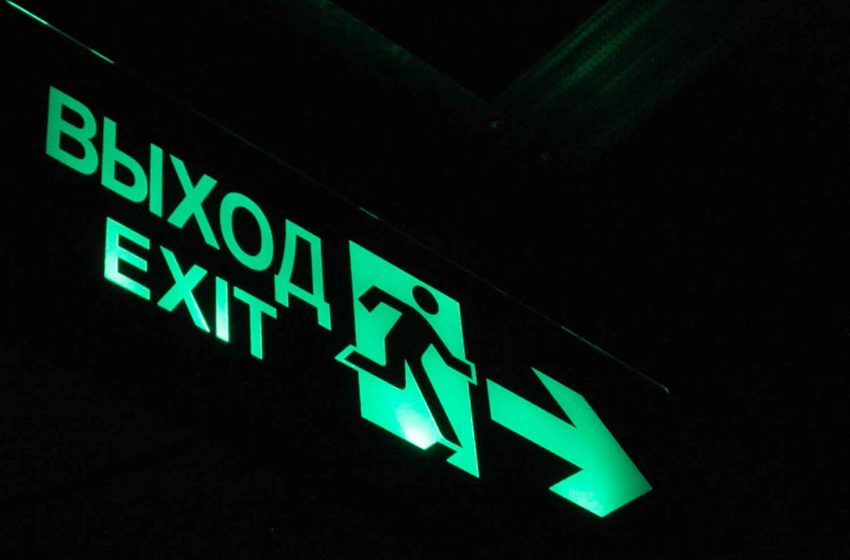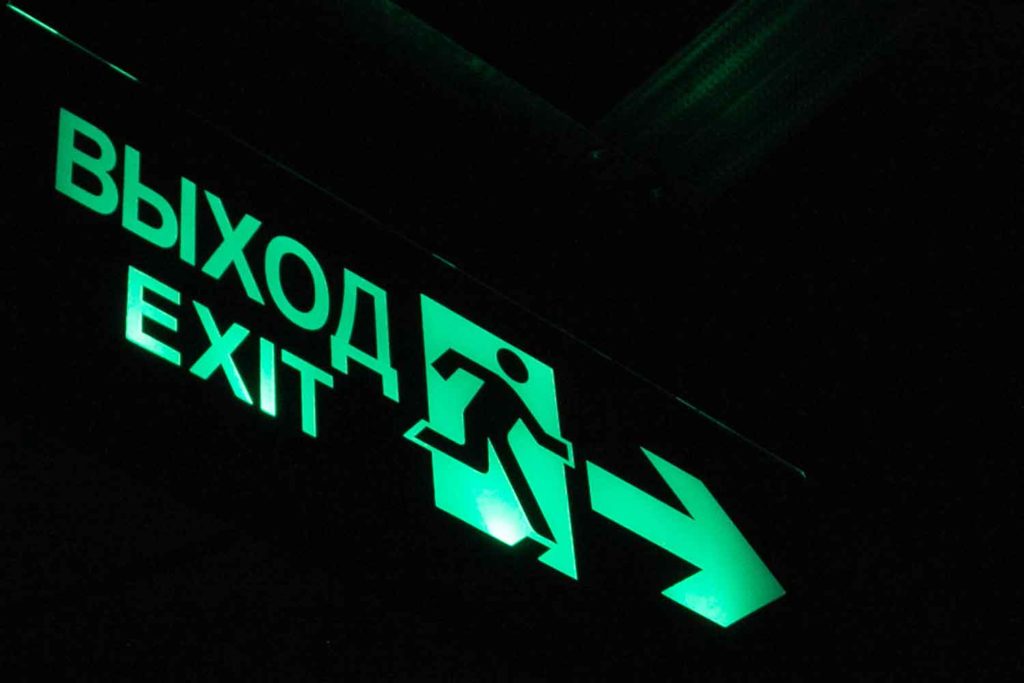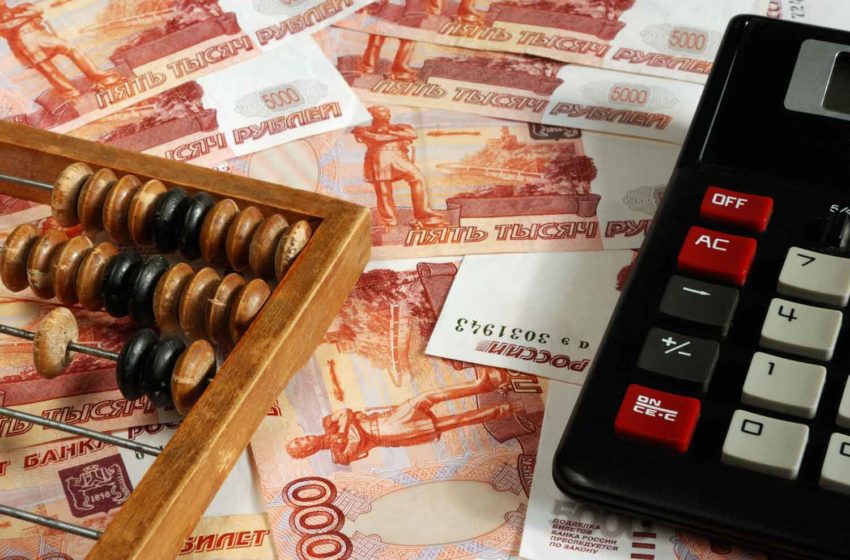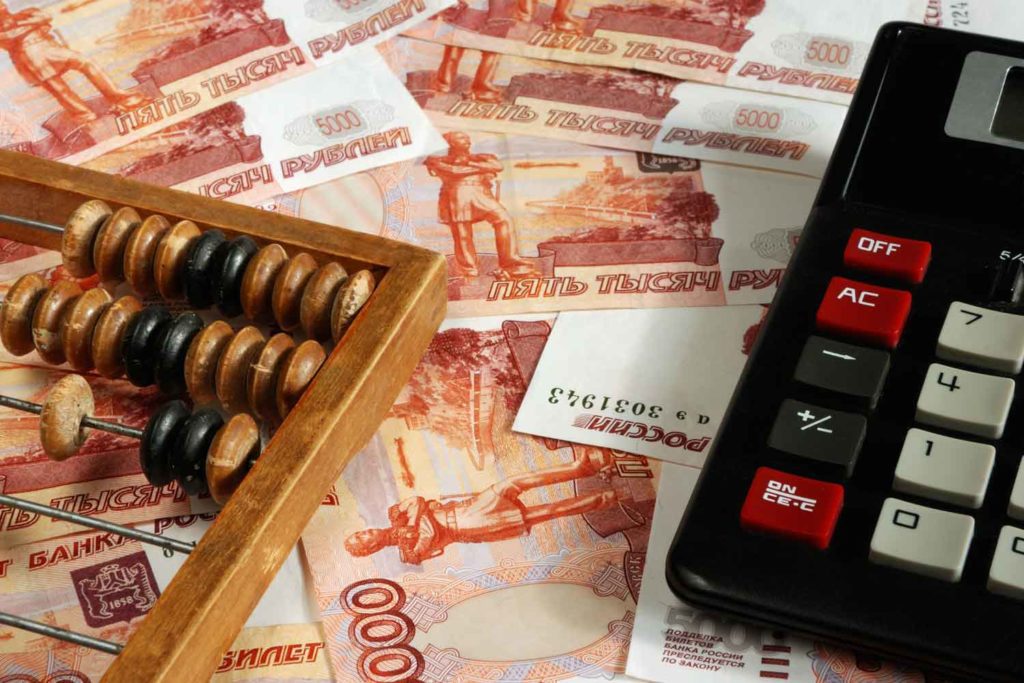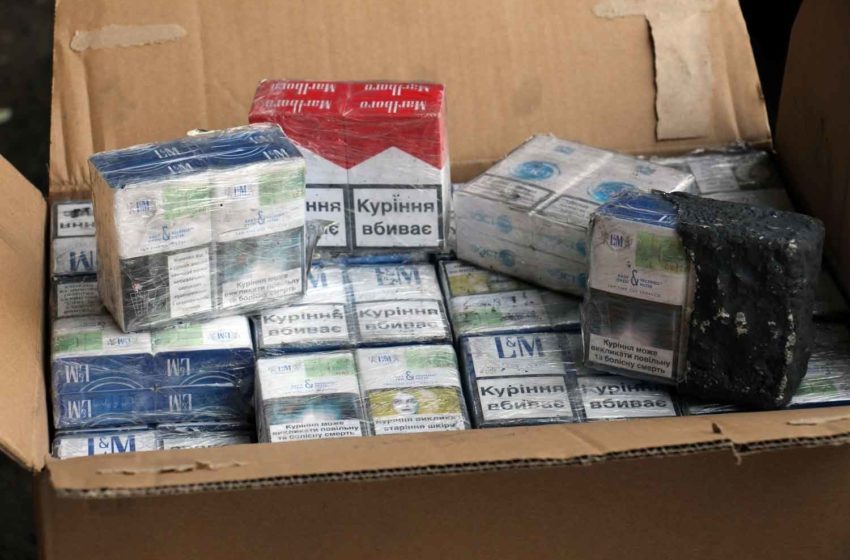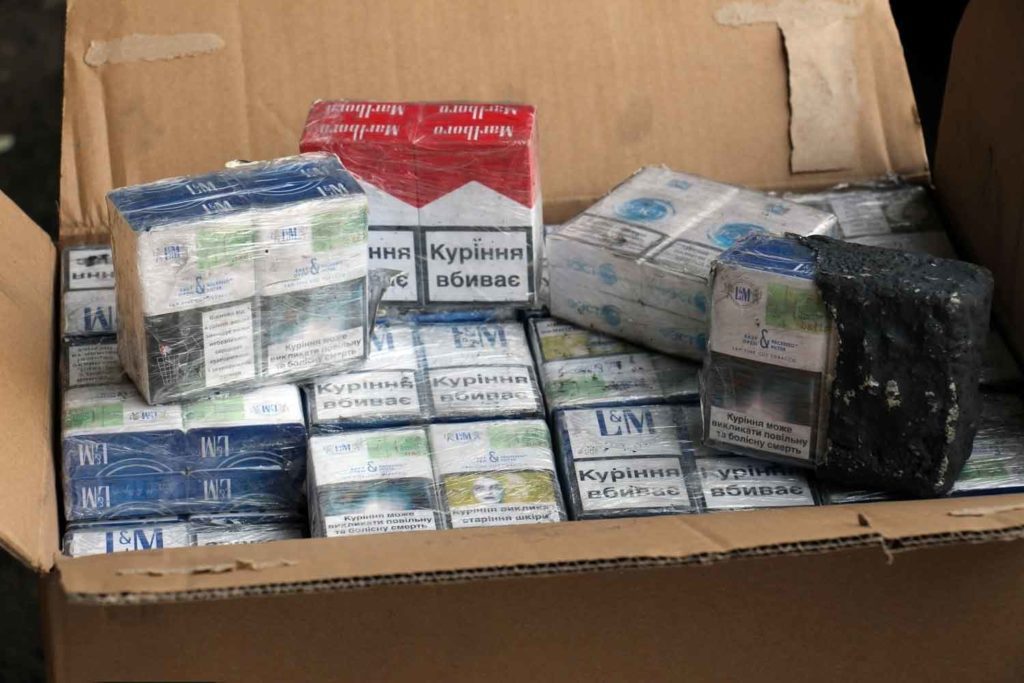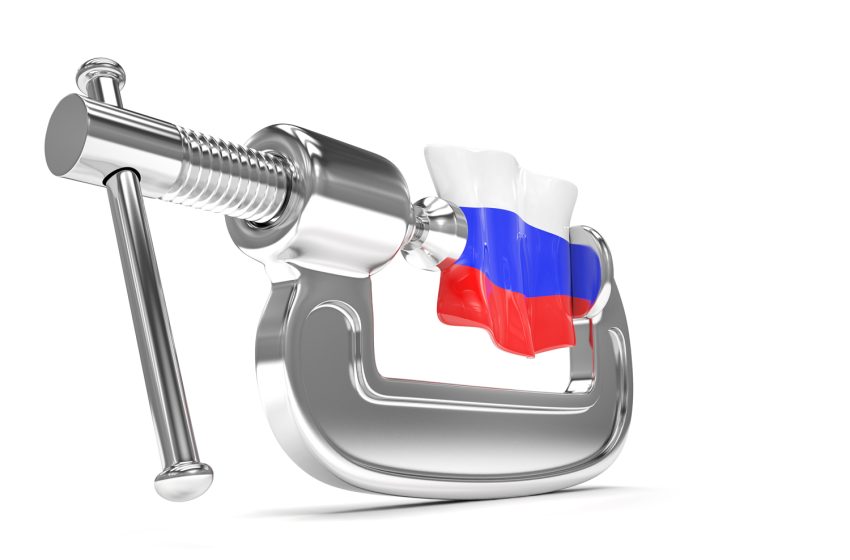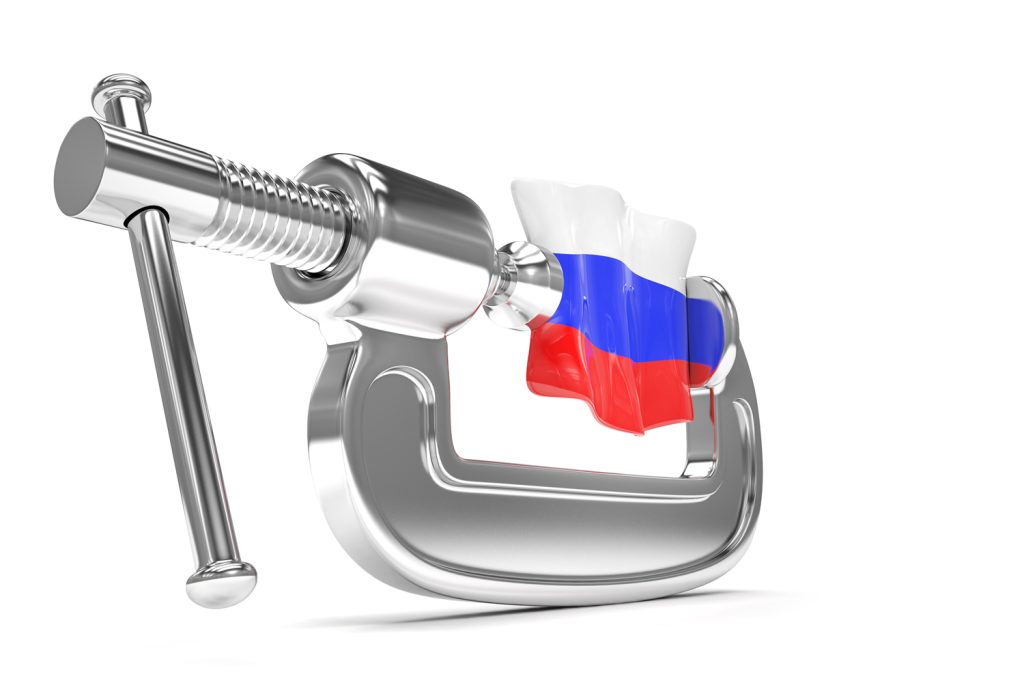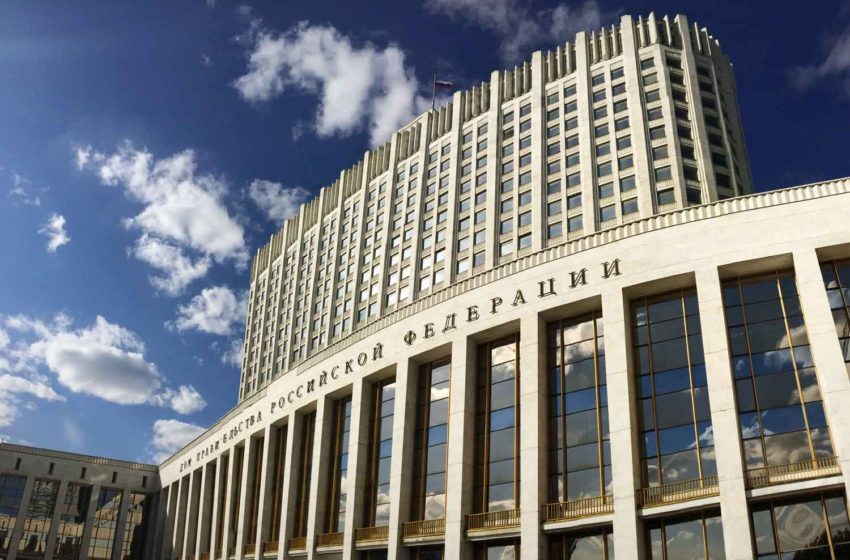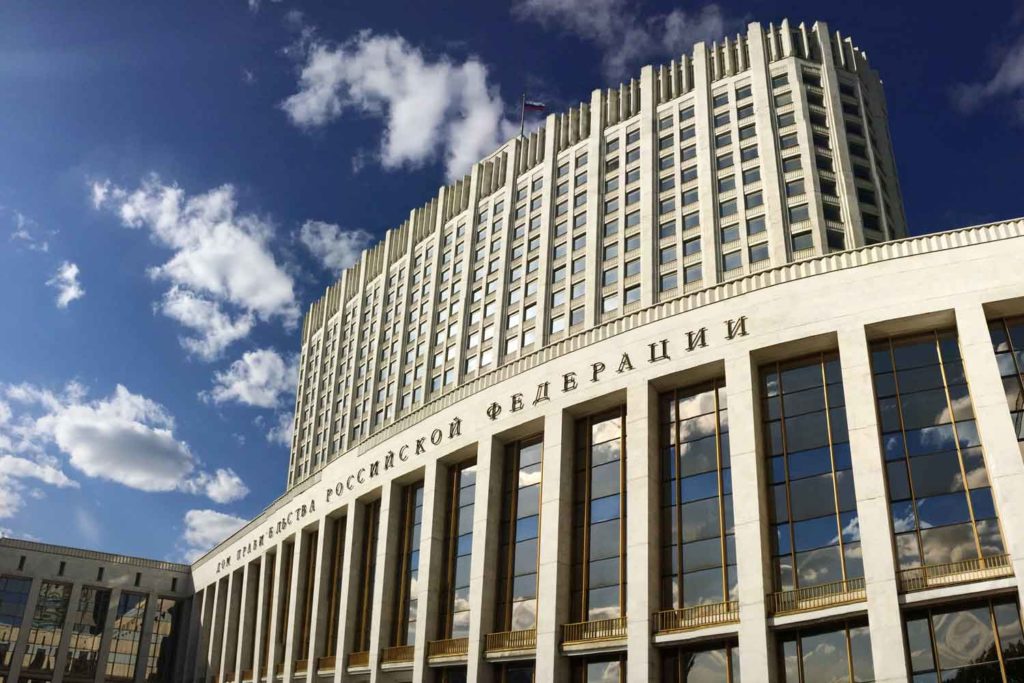
Suppliers of reconstituted tobacco step up production to satisfy market requirements.
By Stefanie Rossel

Demand for reconstituted tobacco leaf (RTL), also known as homogenized tobacco, has held up remarkably well in recent years. In 2021, amid the Covid pandemic, the global RTL business grew by $8 million, according to Russian Tobacco Factory (RTF). And despite the political and economic upheaval in the wake of the Ukraine war, the upward trend continues, prompting some RTL companies to expand their production capacity.
Pioneered in the 1930s, recon tobacco fits well with the current zeitgeist, with its focus on sustainability. Initially, RTL was developed to allow tobacco companies to use the leftovers from cigarette production that were previously discarded. The process saved the valuable raw materials, such as tobacco dust, scraps and stems, and reintegrated them into manufacturing process. Today, homogenized tobacco has a variety of applications. In addition to a cost-saving filler material, it is an essential ingredient in cigarette blend design that enables cigarette manufacturers to lower the nicotine content of their products.
There are several methods to manufacture RTL. Next to the papermaking method invented by Schweitzer-Mauduit International, there is the nano fiber technology developed by Recon Inc. and employed by Star Agritech International (SAI) and a process called band cast, which is also known as slurry-type recon.
A fourth method is the pressing technology, for which patents began to appear in the 1960s. RTF has perfected a variety of this technology known as the roller-rolling method. Using high pressure, the process creates a tobacco sheet with such tensile strength and elasticity that it can be processed in the same way as tobacco leaf. According to RTF, the sheet will retain its shape when passing through all stages of the primary, including the drying conditioning cylinder.
According to RTF CEO Danil Bekmamatov, the process is the result of extensive laboratory work along with trial and error. “The technology has been honed for three years,” he says. “At the beginning, we used only short stems and scrap as raw materials; now, we have developed the practice of processing sections of tobacco veins from a cigarette machine in the amount of 100 percent of the used tobacco material. We have also learned how to introduce up to 5 percent of tobacco dust from the aspiration systems of the cigarette shop without losing RTL quality.”
The strength of RTF’s approach lies in the simplicity of the concept. “Our technology avoids the costly process of producing nano-fiber cellulose,” says Bekmamatov. “Our product contains 90 percent tobacco and the minimal amount of adhesives necessary. Our proprietary method involves multi-stage rolling with the proper roller friction. We enhance the strength properties of recon tobacco through mechanical action alone, minimizing the use of chemicals.”
The process also consumes less water than competing technologies, an increasingly important factor as tobacco companies seek to lower the ecological footprint of their products. Skipping the nano-fiber cellulose production step allows users to save energy, leading to a more affordable recon product. “Only by reducing the amount of water to the required production minimum—in our case, up to 40 percent—is it possible to obtain an environmentally friendly technology with low production costs,” says Bekmamatov.
A More Sustainable Process
Reducing the carbon footprint was not the primary objective when RTF set out to develop its recon technology. According to Bekmamatov, it was just a positive consequence of the simplicity of the process and recipe. “For our recon production, less water is used than for the floor polisher that serves this line,” he says. “It is the simplicity of the technology and the recipe—all the components of which you have repeatedly seen in the patents of other researchers—that is a key factor in the spread of technology. Due to reverse engineering, the technology is easily repeatable. Therefore, we are interested in creating joint ventures anywhere in the world on an equal partnership basis—and not in selling ready-made production lines. In this regard, two negotiating processes are currently carried on—one is inside Russia, and the other one is outside of it.”
Based in Samara, about 1,100 km southeast of Moscow, RTF was established in 2017. In addition to recon, it sells cut-rolled stems and cut-rag tobacco. The company inaugurated Russia’s first RTL production line in 2019. A second line is set to become operational at the end of 2023. RTF caters to customers worldwide.
“Both for the client and for us, only the economy at the stage of logistics is important,” says Bekmamatov. “Logistic costs also become decisive in the issue of processing tobacco byproducts of the primary and secondary process on a give-and-take basis. For example, a number of contracts with neighboring CIS enterprises make it possible to process third-party tobacco waste with low road transport costs. On the other hand, the supply of secondary process tobacco material in sea containers from the UAE turned out to be unviable. I do not want to say that sea transport is expensive and makes it unprofitable to process waste from other countries. I just want to convey the idea that each direction needs to be calculated, and that we are ready to do this work with a great deal of responsibility. We do not exclude the possibility of building new RTL plants in other countries to reduce the cost of RTL for the end customer.”
Difficult Conditions
According to Bekmamatov, Russia has been importing increasing volumes of cigar tobacco and inexpensive machine-made cigars containing recon—yet there is virtually no import of RTL bobbins for cigar machines. “There is only one conclusion that can be drawn: there is a great interest in inexpensive cigars on the part of the consumer despite the hypocritical dispute in the cigar community about the quality of machine-rolled products using recon and the unwillingness of the tobacco business to invest in this area, mastering new technologies, processes, purchasing new equipment,” says Bekmamatov.
Meanwhile, Russia has been producing and importing increasing volumes of cigarillos. “I can only assume that this is due to the excise policy when premium cigarettes are almost equal in price to more prestigious cigarillos and also due to a low entry threshold for secondary manufacturers, who have enough existing equipment to launch a new product line based on papermaking recon wrapper cigarillos,” he says. “Moreover, among smokers, there are no loud discussions about the ‘insufficient naturalness’ of such tobacco products.”
Like other Russian companies, RTF has been impacted by the Western sanctions following the Ukraine war. Among other things, the restrictions have forced the company’s engineering department to source components such as electronics, gears and belts from Russian and Chinese suppliers rather than Western ones. In addition, the sanctions have made it difficult to source tobacco from traditional suppliers and conduct foreign exchange transactions. It has also driven up the price of logistics.
Yet RTF proved resourceful and solved the problems as they arose. “We were the first in the Russian Federation to build new routes for the supply of raw materials, which are now used by other companies,” says Bekmamatov. “And we solved banking problems by opening new companies outside the Russian Federation.”
Increasing Capacity
Expansion is also on the agenda of SAI, an international supplier of unmanufactured tobacco and tobacco derivatives based in Istanbul. Since 2018, SAI has been operating a nano fiber recon factory in Brazil. In early 2019, it opened a slurry-process recon plant in Bondowoso, Indonesia. “Recon demand has not changed as far as the usual players go,” says SAI President and CEO Iqbal Lambat. “Our factories in Brazil and Indonesia are running at full capacity, and we have added a second line in Bondowoso to double capacity.”
SAI’s recon production capacity exceeds 6,000 tons annually, making it a top 3 global supplier alongside SWM’s LTR Industries and KT&G’s Tae-A Industrial Co. affiliate, according to Lambat. “Demand for recon continues to increase as small[-sized] and medium-sized cigarette manufacturers understand the benefits of incorporating recon in their blends,” he says. “Recon is half the price of cheap tobacco in the current tobacco undersupply situation. Recon is becoming a worldwide phenomenon as small[-sized] and medium-sized companies come on board with better understanding of the benefits.”
To cater to increasing demand, Start aims to complete a second nano fiber plant with an annual capacity of 6,000 tons by early 2026 in Brazil. “This will ease the pressure on our current Brazilian factory,” says Lambat. “We are also planning a nano fiber plant in Tunisia and in Uganda. Both plants are slated to be operational in early 2025 as well. The Tunisian plant is relatively advanced and could come on stream in the Free Zone of Bizerte in 2024.”
To Lambat, nano fiber is the recon gold standard in terms of sensory impact, as it has half of the stem content as other RTLs, the highest filling power of all RTLs and excellent combustibility. In addition, nano fiber is a sustainable solution. “Nano fiber remains the most eco-friendly RTL production process within the industry,” he says. “As an example, production of 1,000 kg of nano fiber requires less than 50 liters of water. By comparison, the papermaking process requires three liters of water per kilogram of recon produced. So, for 1,000 tons of papermaking recon, 3,000 liters of water will be used and turned into brown water, which then needs industrial scrubbing to be able to release the water into existing effluent systems. So, by comparison, a ton of nano fiber produced uses 50 liters of water versus papermaking at 3,000 liters. So, I’d say, nano fiber is already ahead of the game.”
Specialized Solutions
Nano fiber technology does not work well for the kretek cigarettes that dominate the Indonesian cigarette market, however. “Because kretek has as much as 30 percent cloves, it is necessary to use an alternative binding method, and slurry-type production is better suited,” says Lambat.
The company broke new ground when it opened its recon plant in Java four years ago to turn the waste from clove cigarettes production into kretek recon. “In the startup early experience, Indonesian cigarette manufacturers expected the kretek recon to ‘crackle and spark’ as normal cloves do when lit up,” recalls Lambat. “Of course, kretek recon cannot do that, and now, some four years later, our product has achieved broad product acceptance in Indonesia, and we have more demand than capacity—hence the addition of a second line to double capacity in Indonesia, which is already being commissioned for startup by the end of 2023.”
SAI has more ideas for specialized RTL products in the pipeline. One is the development of a shisha-type recon offering similar chemical characteristics as original shisha tobacco. “Absorption is in the high five to six ratio limits,” says Lambat. “The product was developed with nano fiber recon from the Star Brazil factory in conjunction with a leading tobacco flavor company in Germany. Prototype products have received broad product acceptance across major markets of the Middle East. As shisha tobacco is in short supply globally, this innovation will alleviate demand.”
The other novel product is a 100 percent recon manufactured with oriental tobacco from Turkiye, Greece and Macedonia. “Given the current high—and increasing—price of oriental tobacco, this will prove to be a welcome substitute at literally half the price for classical oriental tobacco,” says Lambat.





